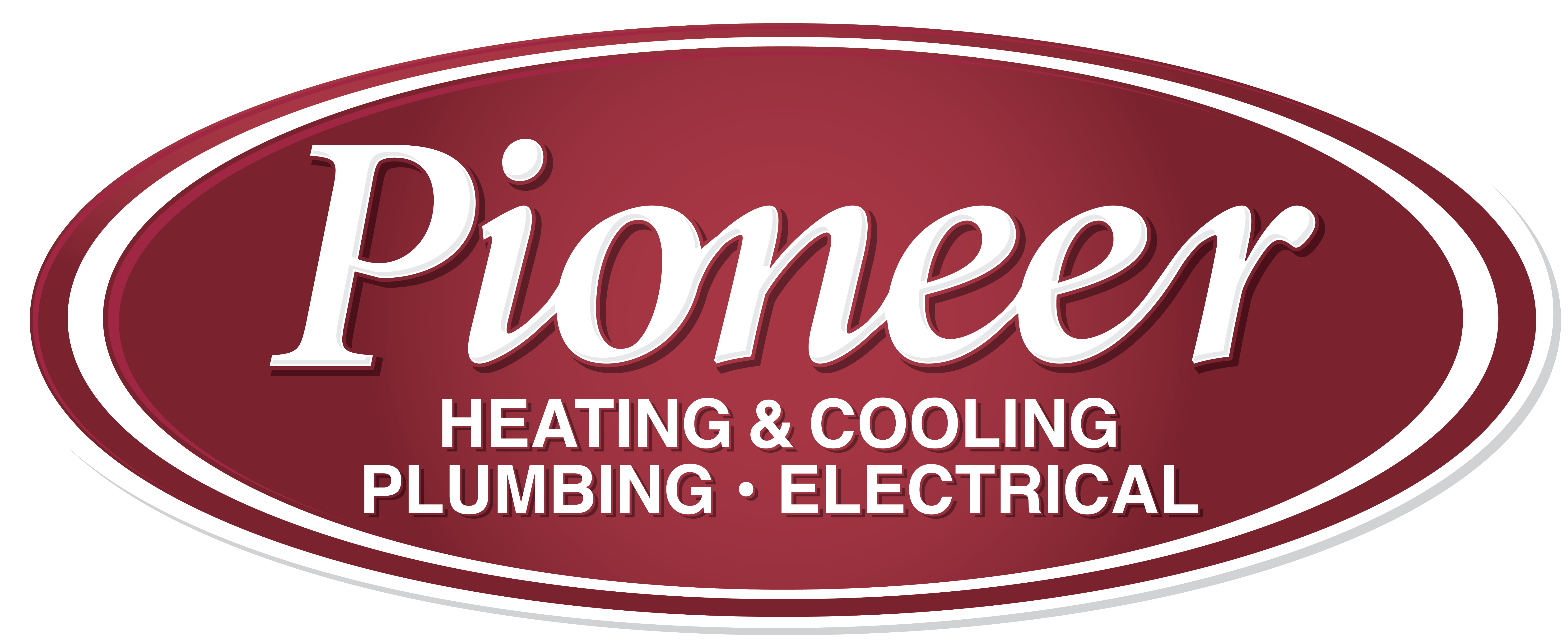Although it should be pretty obvious, the truth is that alternative heating methods are not usually a good idea for your home. If something goes wrong with your HVAC unit, don’t use 10 space heaters instead of calling a heating repair service.
This past January, a fire broke out at an Indianapolis home, according to Livingston Daily. The unidentified women living there told firefighters that during a cold period, she tried to heat her home by turning on her oven and keeping it open. However, ovens are constructed with the door in mind, and the fire from the oven was able to ignite nearby combustibles, which quickly led to a whole-home blaze.
Although you may not try heating your home with an oven, plenty of people make mistakes when encountering an HVAC system problem. Here are a few things not to do — and what you can do instead.
Not Bother With Inspections
Most experts recommend having your HVAC system inspected for routine maintenance about twice a year (once in the fall before you need the system, and once in the spring after it’s gone through its cycle of use). An HVAC system doesn’t always turn 100% off when something is wrong. By skipping an inspection, you might get to December and have an HVAC system that only operates at 50% of its potential efficiency. Worse, you won’t even realize there’s a problem until your energy bills keep going higher and higher.
Assuming Your Chimney is Clean
Just because smoke can go up and out of your chimney doesn’t mean the passageway is necessarily “clear.” In fact, the leading cause of home heating fires, accounting for 28% of instances, was a lack of cleaning — and creosote build-up from chimneys is the usual culprit. Chimneys can be a great asset for your home and a comfort on cold nights, but they do require routine maintenance, just like any other part of your home.
Not Replacing HVAC Systems Before They Give Out
To be fair, there’s nothing wrong with getting the full value out of your HVAC system and calling heating repair services when the end has arrived. The problem is, after many years of use, it might not give you much value anymore. Sometimes, getting rid of old heating and cooling equipment ultimately makes sense for your bottom line. High efficiency air conditioners, for example, can reduce energy use for air conditioning by 20% to 50% — a pretty sizable difference.
